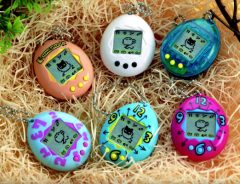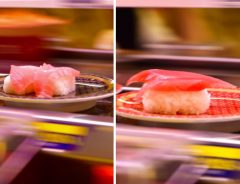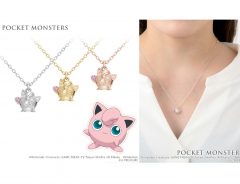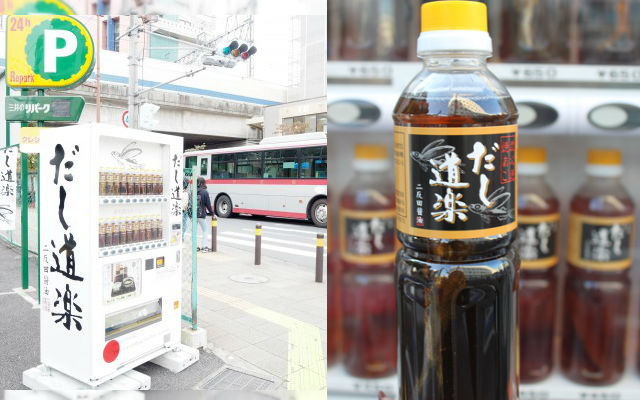- Source:
- Dashi Douraku
- Tags:
- Dashi / Japan / Vending Machine
Related Article
-

This Dog Screwed Up A High Five With So Much Class
-

The Original Tamagotchi Is Back, And We Can Now Relive Our Long Lost Childhood Memories
-

This Donald Trump As A Japanese Commercial Parody Is So Insane It Could Be Real
-

Level Up Your Photography Skills With This Creative New Method Involving Conveyor-Belt Sushi
-

Ukiyo-e Rendition Of Civil War Puts A Samurai Twist On Captain America And Iron Man
-

Wear an adorable Pokémon lullaby around your neck with stylish Jigglypuff necklaces



Dashi is a type of Japanese cooking stock that’s essential to Japanese cuisine. It’s used as the base for a myriad of local foods, including the majority of noodles dishes (like ramen and soba), soups, simmered dishes, and even foods like okonomiyaki. Saying Japanese food would not exist without dashi is far from an exaggeration — it’s the simple truth.
But it’s also true that fewer people are making homemade dashi, which is in part because supermarkets offer an array of delicious bottles of dashi of a quality that cannot easily be made at home. But even when there isn’t a supermarket nearby to find such tasty broths in, Dashi Douraku has long been providing dashi vending machines for the populace so that no one will ever have to be without them again.
Source: Dashi Douraku
Though there are already a number of dashi vending machines in the country, they have finally made their way into Tokyo for the first time ever. The new vending machines are in the midst of being set up in Mitsui parking lots in Shinbashi, Meguro, Chiyoda, and Roppongi.
Source: Dashi Douraku
Each vending machine in Tokyo offers two types of dashi — the Premium for 750 yen (US$6.70), and another containing cooked flying fish for 700 yen (US$6.25). Those in Hiroshima also offer dashi with kelp, but Tokyo vending machines will only provide the two.
Source: Dashi Douraku
Dashi Douraku recommends the Premium dashi, which is made with high-quality katsuobushi (dried skipjack tuna flakes) called Souda-Bushi. Next time you’re walking around in any of the above cities, you might want to be on high alert for these truly unique vending machines — especially if you have traditional Japanese food in mind for dinner.